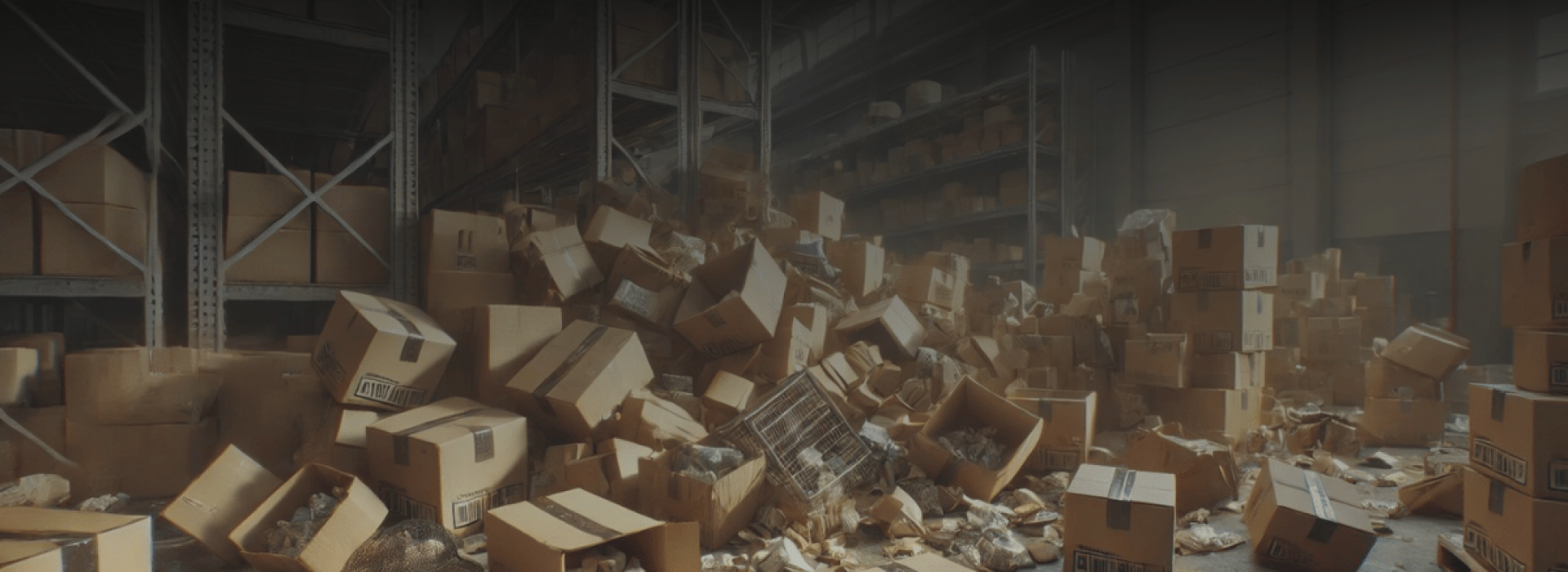While much focus is placed on the supply chain, from production to the point of sale, there’s an often-overlooked opportunity: checking product returns for counterfeits. This simple yet effective measure can not only safeguard patients but also protect a company’s bottom line. However, despite its significance, many pharmaceutical companies remain unaware or have only scratched the surface of this untapped potential.
The issue of counterfeit medicines is not new, but the alarming rates at which they infiltrate markets globally demand immediate attention. In Latin America, for instance, some companies have reported finding as much as 80% of returned products to be counterfeit. These figures highlight a critical blind spot in the fight against counterfeits—one that is currently underutilized by most pharma companies.
Why Checking Returns Matters
Uncovering the Extent of the Problem: Product returns are a goldmine of information for pharmaceutical companies. By systematically checking returns for authenticity, companies can gain critical insights into the prevalence and patterns of counterfeiting in various markets. This data is invaluable, not only for internal use but also for reporting to authorities, thereby helping to combat the broader issue of counterfeit drugs.
Protecting Your Bottom Line: Counterfeit products represent a direct loss to your company. Each time a fake drug is sold in place of the genuine article, it’s not just your reputation that suffers; you are, in effect, paying criminals from your top line. This is a loss that can and should be mitigated by a robust system of return checks. Even worse, when the company is receiving returned products and re-imbursing them back on counterfeit items. This is a direct loss from the top line.
Safeguarding Patient Health: Perhaps most importantly, failure to check product returns for counterfeits directly endangers patients. Counterfeit drugs often contain incorrect dosages or harmful ingredients, posing serious health risks. By identifying and addressing counterfeits through return checks, companies can play a vital role in ensuring patient safety, direct investigations and related activities and collect new addressable data from each market
Despite the clear benefits, many pharmaceutical companies have yet to implement comprehensive return checks. Some have experimented with such measures in regions like Latin America, but the practice is far from widespread. This presents an enormous untapped opportunity for companies willing to take proactive steps to secure their supply chains and protect their brands.
Moreover, companies that lead the charge in this area will likely find themselves better positioned in the market. As regulators and consumers alike become more aware of the counterfeit problem, those companies that can demonstrate a commitment to safety and quality will have a competitive edge.
Checking product returns for counterfeits is not just a defensive measure—it’s a strategic advantage. It’s an opportunity for pharmaceutical companies to gain insights, protect their revenue, and, understand the market. In a world where the threat of counterfeit medicines continues to grow, this is one opportunity that should not be overlooked.


